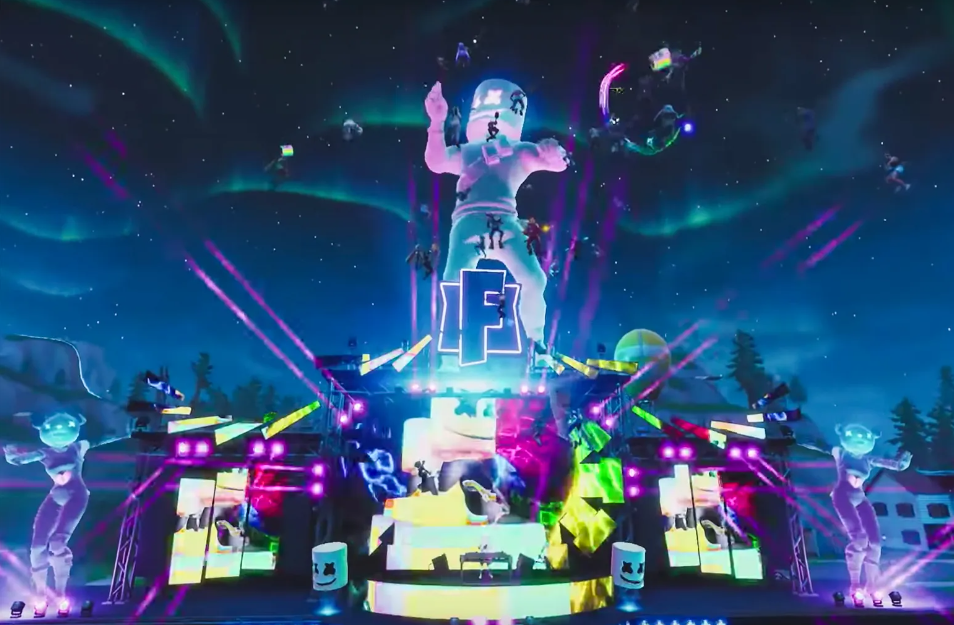Takeaway
Virtual world game builders are at the forefront of creating immersive experiences that blend technology, creativity, and collaboration. By leveraging advanced tools and methodologies, these developers are redefining the boundaries of interactive entertainment, enabling players to engage in rich, dynamic environments that foster social interaction and creativity.
Introduction to Virtual World Game Builders
The evolution of gaming has transcended traditional boundaries, leading to the emergence of virtual worlds that offer players not just games, but entire ecosystems of interaction. Virtual world game builders are the architects of these digital realms, utilizing cutting-edge technologies such as artificial intelligence (AI), augmented reality (AR), and blockchain to create innovative experiences. This article delves into the collaborative processes, tools, and technologies that define the work of virtual world game builders, highlighting real-world examples and the impact of their creations on the gaming industry.
The Collaborative Nature of Game Development
Collaboration is a cornerstone of successful game development, particularly in the realm of virtual worlds. Game builders often work in multidisciplinary teams that include artists, designers, programmers, and sound engineers. This collaborative approach is essential for creating cohesive and engaging experiences. According to a report by the International Game Developers Association (IGDA), 70% of game developers believe that collaboration enhances creativity and innovation in game design (IGDA, 2021).
Tools and Technologies for Collaboration
Modern game development relies heavily on a suite of tools that facilitate collaboration. Platforms such as Unity and Unreal Engine provide robust environments for building virtual worlds, allowing teams to work simultaneously on different aspects of a project. These engines support version control systems like Git, enabling developers to track changes and collaborate effectively.
Additionally, cloud-based collaboration tools such as Trello and Slack have become integral to the workflow of game development teams. These platforms allow for real-time communication and project management, ensuring that all team members are aligned on goals and deadlines.
Innovative Technologies Shaping Virtual Worlds
The integration of advanced technologies is a defining characteristic of modern virtual world game builders. AI, for instance, plays a crucial role in creating responsive and adaptive environments. AI algorithms can analyze player behavior and adjust the game world accordingly, enhancing immersion and engagement. A study by the Entertainment Software Association (ESA) found that 65% of gamers prefer games that adapt to their play style, underscoring the importance of AI in game design (ESA, 2022).
Augmented Reality and Virtual Reality
Augmented reality (AR) and virtual reality (VR) are transforming the landscape of virtual worlds. AR overlays digital information onto the real world, while VR immerses players in entirely digital environments. Games like Pokémon GO have demonstrated the potential of AR, blending real-world exploration with gaming. According to Sensor Tower, Pokémon GO generated over $1 billion in revenue in 2020 alone, showcasing the commercial viability of AR gaming (Sensor Tower, 2021).

On the other hand, VR platforms such as Oculus Rift and HTC Vive have opened new avenues for immersive storytelling. Games like Half-Life: Alyx have set new standards for VR experiences, combining intricate narratives with interactive gameplay. The global VR gaming market is projected to reach $45.09 billion by 2027, growing at a CAGR of 30.5% from 2020 to 2027 (Fortune Business Insights, 2020).
Real-World Examples of Virtual World Game Builders
Several companies have emerged as leaders in the field of virtual world game building, each contributing unique innovations to the industry.
Epic Games and Fortnite
Epic Games has revolutionized the gaming landscape with Fortnite, a game that transcends traditional boundaries by incorporating elements of social interaction, creativity, and competition. The game features a dynamic world that evolves based on player actions and events, such as in-game concerts and collaborations with popular franchises. According to Epic Games, Fortnite has amassed over 350 million registered players as of 2021, highlighting its massive appeal and the effectiveness of its collaborative features (Epic Games, 2021).

Fortnite revolutionized gaming with live events like Marshmello’s concert.
Roblox Corporation and User-Generated Content
Roblox has taken the concept of user-generated content to new heights, allowing players to create their own games and experiences within its platform. This collaborative model empowers users to become game builders themselves, fostering a vibrant community of creators. As of 2021, Roblox reported over 40 million daily active users, with millions of games created by its community (Roblox Corporation, 2021). This model not only enhances player engagement but also drives innovation within the platform.
The Role of Blockchain in Virtual Worlds
Blockchain technology is increasingly being integrated into virtual worlds, providing new opportunities for ownership and monetization. Non-fungible tokens (NFTs) have emerged as a way for players to own unique in-game assets, creating a new economy within virtual environments. Games like Axie Infinity have demonstrated the potential of blockchain in gaming, allowing players to earn cryptocurrency through gameplay. As of 2021, Axie Infinity generated over $1 billion in sales, showcasing the lucrative possibilities of blockchain integration (DappRadar, 2021).
Challenges and Considerations
While the potential for innovation in virtual world game building is immense, several challenges must be addressed. Issues such as data privacy, security, and the environmental impact of blockchain technology are critical considerations for developers. A report by the World Economic Forum highlights that the gaming industry must adopt sustainable practices to mitigate its carbon footprint, particularly as the demand for high-performance computing increases (World Economic Forum, 2021).
Conclusion
Virtual world game builders are redefining the gaming landscape through collaboration, innovative technologies, and immersive experiences. By leveraging tools such as AI, AR, VR, and blockchain, these developers are creating dynamic environments that engage players in unprecedented ways. As the industry continues to evolve, the importance of collaboration and sustainability will remain paramount. The future of gaming lies in the hands of those who dare to innovate and push the boundaries of what is possible in virtual worlds.
In summary, the collaborative efforts of virtual world game builders, combined with advanced technologies and innovative business models, are shaping the future of interactive entertainment. As the industry progresses, embracing these changes will be essential for developers looking to create engaging and sustainable gaming experiences.

